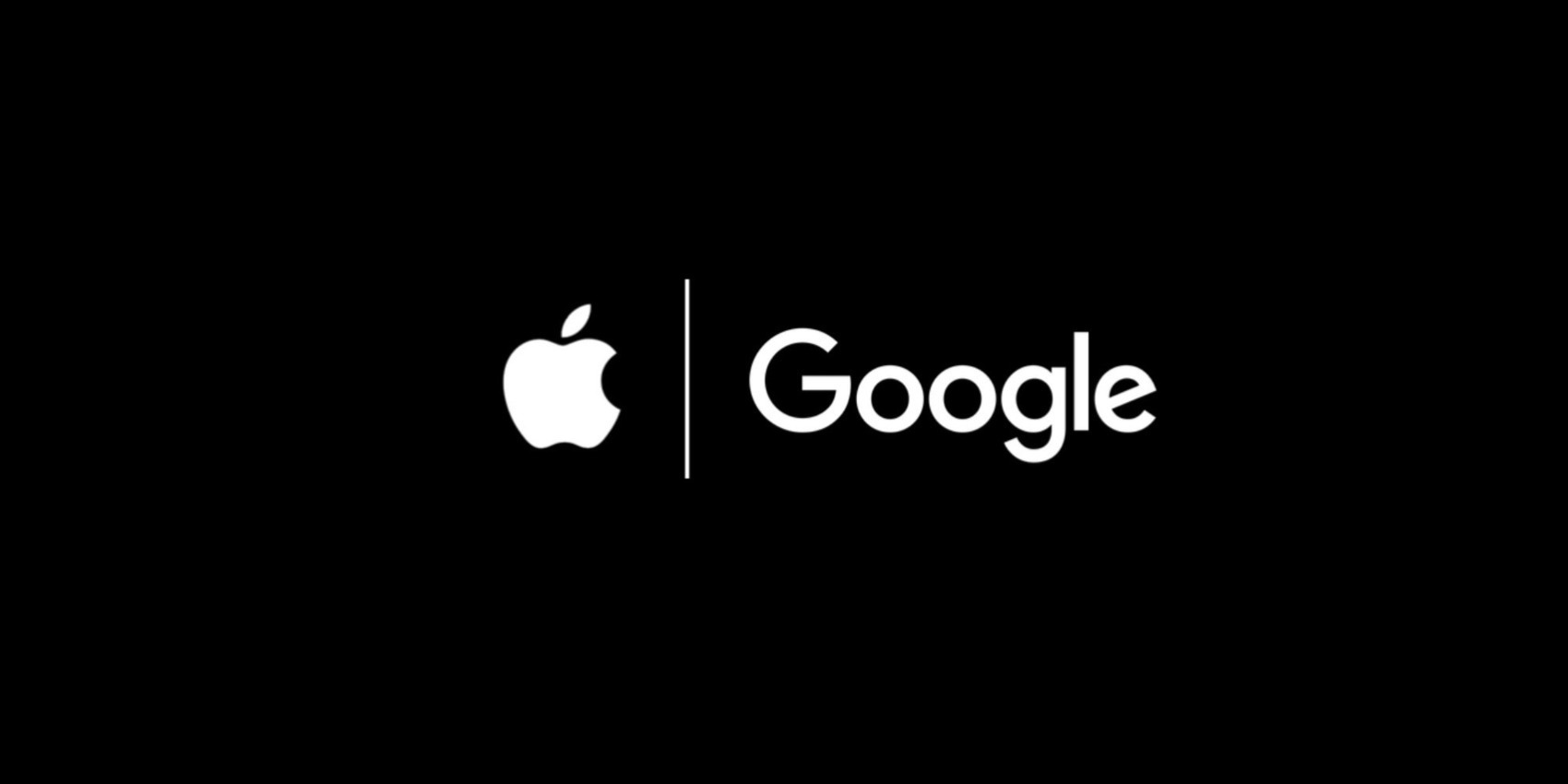
Unidentified governments
Unidentified governments are reportedly engaging in surveillance of smartphone users through the push notifications of their apps, according to a warning from U.S. Senator Ron Wyden on Wednesday. In a letter addressed to the Department of Justice, Wyden expressed concerns that foreign officials were compelling Alphabet’s Google and Apple to provide access to this data. While the details in the letter are limited, it highlights another potential avenue through which governments could monitor smartphones.
Push notifications are integral to various apps, serving to alert users about incoming messages, breaking news, and other updates. Often represented by audible sounds or visual indicators, these notifications typically traverse Google and Apple’s servers. The revelation raises privacy and security concerns about the potential misuse of such data by governments for surveillance purposes.
Senator Ron Wyden raised concerns about Google and Apple being in a unique position to facilitate government surveillance through their access to data flowing from apps to users via push notifications. In a letter to the Department of Justice, Wyden called for a review and potential modification of policies hindering public discourse on push notification spying. Wyden urged transparency and open discussion on the matter. Apple responded to Wyden’s letter by expressing an intention to share more details with the public regarding how governments monitor push notifications. This exchange underscores the importance of addressing privacy implications and fostering transparency in the realm of government surveillance through technology platforms.
Apple, in response
Apple, in response to Senator Wyden’s concerns, stated that the federal government had previously prohibited them from sharing any information on push notification surveillance. The company asserted that now that the method has been disclosed publicly, they are updating their transparency reporting to provide more details on such requests. The Department of Justice did not respond to inquiries regarding push notification surveillance or whether it had restricted Apple or Google from discussing the matter. Google also did not respond to messages seeking comment. This situation highlights the challenges and limitations imposed on transparency when it comes to government surveillance activities involving technology companies.
Senator Wyden’s letter, citing a “tip” as the information source, revealed that both foreign and U.S. government agencies have been requesting metadata related to push notifications from Apple and Google. The aim is to associate anonymous users of messaging apps with specific Apple or Google accounts. While the letter did not specify the foreign governments making these requests, the source indicated that they were democracies allied with the United States. The duration of this data collection method remains unclear.
Push notifications, often overlooked by users, have become a focal point due to the challenges in deploying them without transmitting data to Google or Apple. This revelation underscores privacy concerns and raises awareness about how push notifications can inadvertently contribute to the flow of user data to major tech companies, as highlighted by French developer David Libeau earlier this year.

